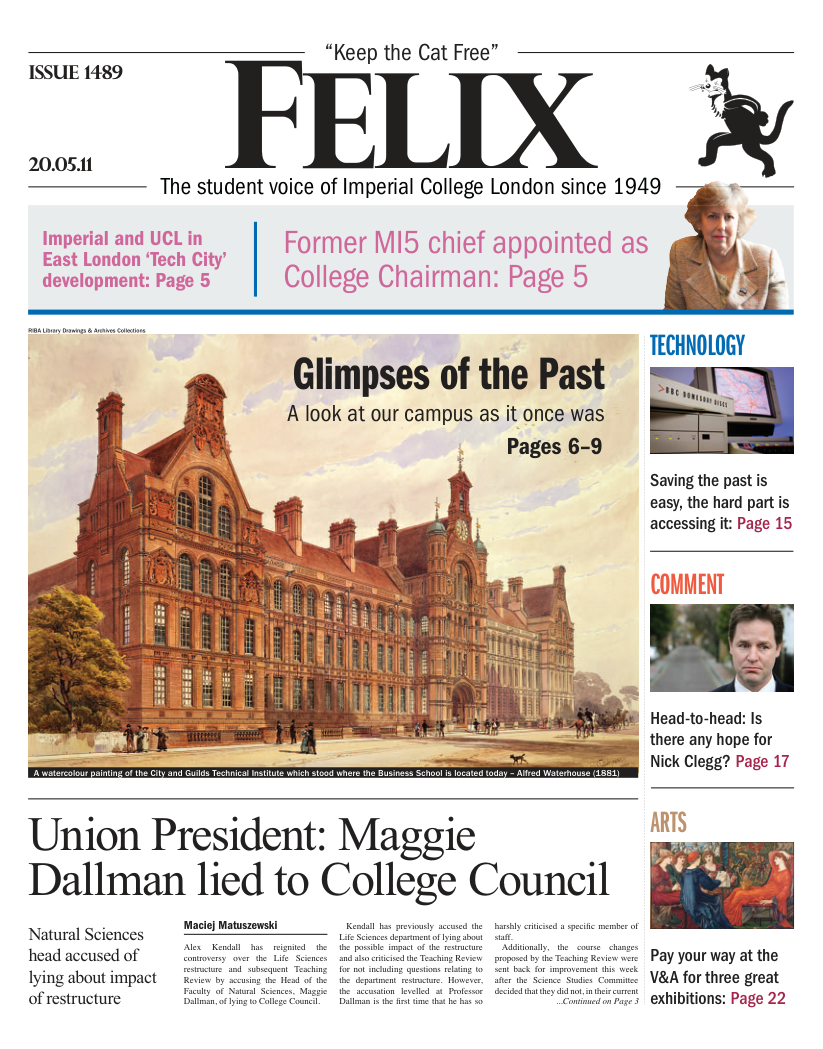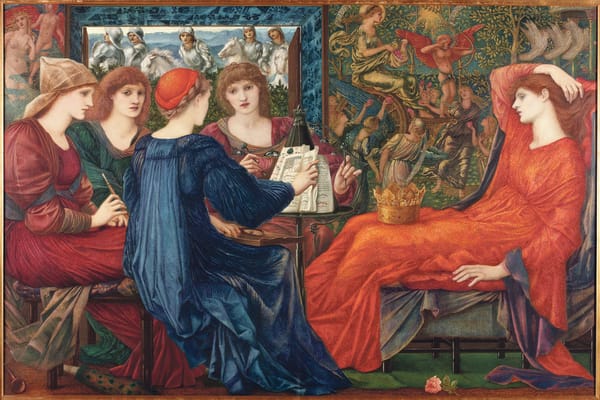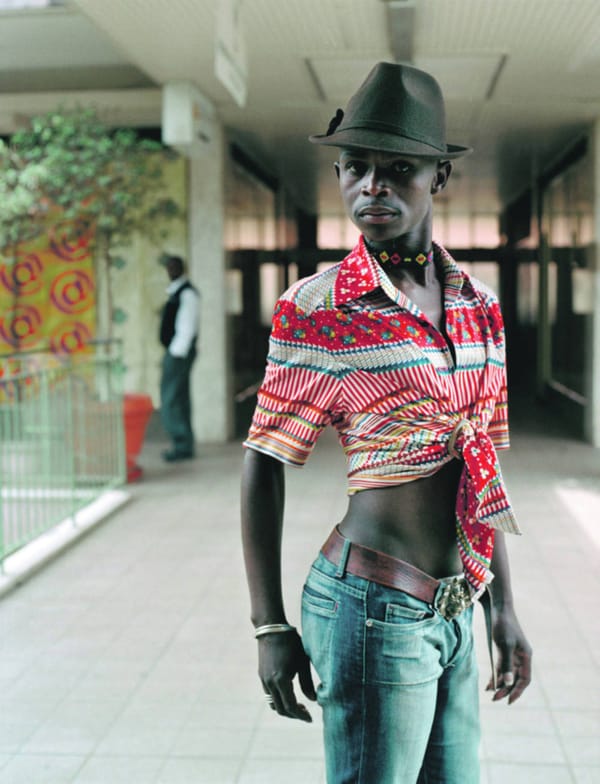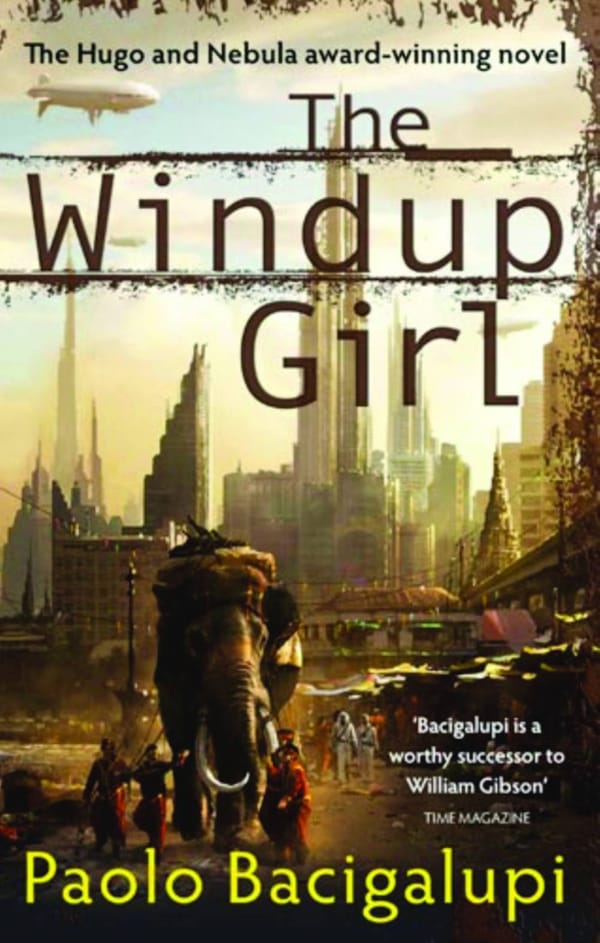Classic Sci-Fi: Arthur C. Clarke
A flawed piece from the science fiction master?
This week I’m going to discuss another Arthur C. Clarke novel. This time, however, I’m not just going to heap praise on my favourite author, for this is ‘The City and the Stars’, the first of Clarke’s longer works that I didn’t really like.
“The City and the Stars” is set in the distant future, after humanity has been deprived of its conquests in space by the mysterious ‘invaders’. Earth is reduced to a desert planet with a single remaining city: Diaspar. It is a technologically advanced but stagnant society whose members have greatly expanded lifetimes after which they are reborn in new bodies in the ‘Hall of Creation’. They are all content to remain inside the city apart from Alvin, the first person in thousands of years to emerge from the Hall of Creation who has not been reborn but is rather a completely new person. The novel follows his adventures as he manages to escape the city and later even explore space.
The first few chapters, set in Diaspar, are admittedly very engaging, with the city and its society being meticulously described and forming a fascinating setting. Even more importantly, Alvin’s desire to leave the city gives the story much needed focus which is sadly missing in later chapters. After his escape, Alvin specifically states that he has no idea what his purpose should be and this is quite evident to the reader. He simply meanders between several weakly connected encounters, not really achieving anything until the end.
Even then, when Alvin manages to persuade the inhabitants of Diaspar to overturn their policy of isolationism the reader has very little reason to care. Diaspar is so far removed from our society that it is very difficult for the reader to relate to it. This lack of a connection is amplified when we find out that most of humanity has long left the galaxy and that Diaspar has become a footnote in the history of the human race. Most writers would have compensated for this by making us focus our attention on the characters but Clarke’s usual poor characterisation finally lets him down here. We spend very little time with Alvin’s friends and companions and even our main protagonist is very undeveloped, making it impossible to really care about what happens to him. Clarke also seems to have abandoned his hard SF roots. Instead of reasonable extrapolations of present day technology, this story features faster-than-light travel, artificial gravity and Star Trek-like matter replicators. In a better story, this would have been hardly noticeable but here it just adds insult to injury.
This is by no means a bad book. The first chapters are interesting and it is suffused with Clarke’s usual optimism. Clarke’s best novels, however, are hard SF set in the relatively near future where humanity has a specific challenge to overcome and this, unfortunately, is nothing like that. If you want a good Clarke novel read “The Fountains of Paradise”, “Rendezvous with Rama” or “The Songs of Distant Earth”, not “The City and the Stars”.









